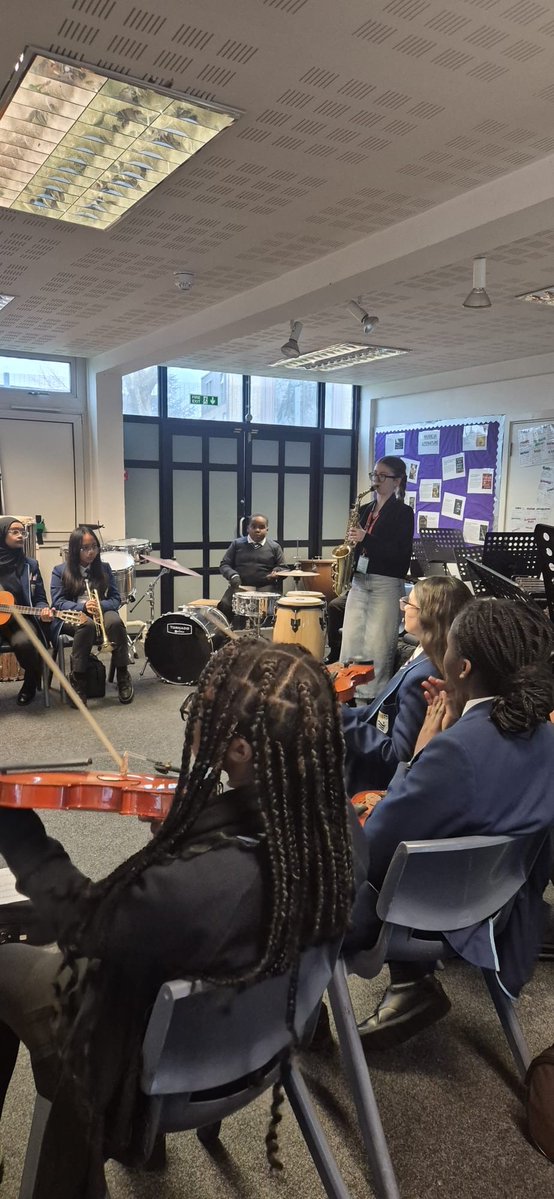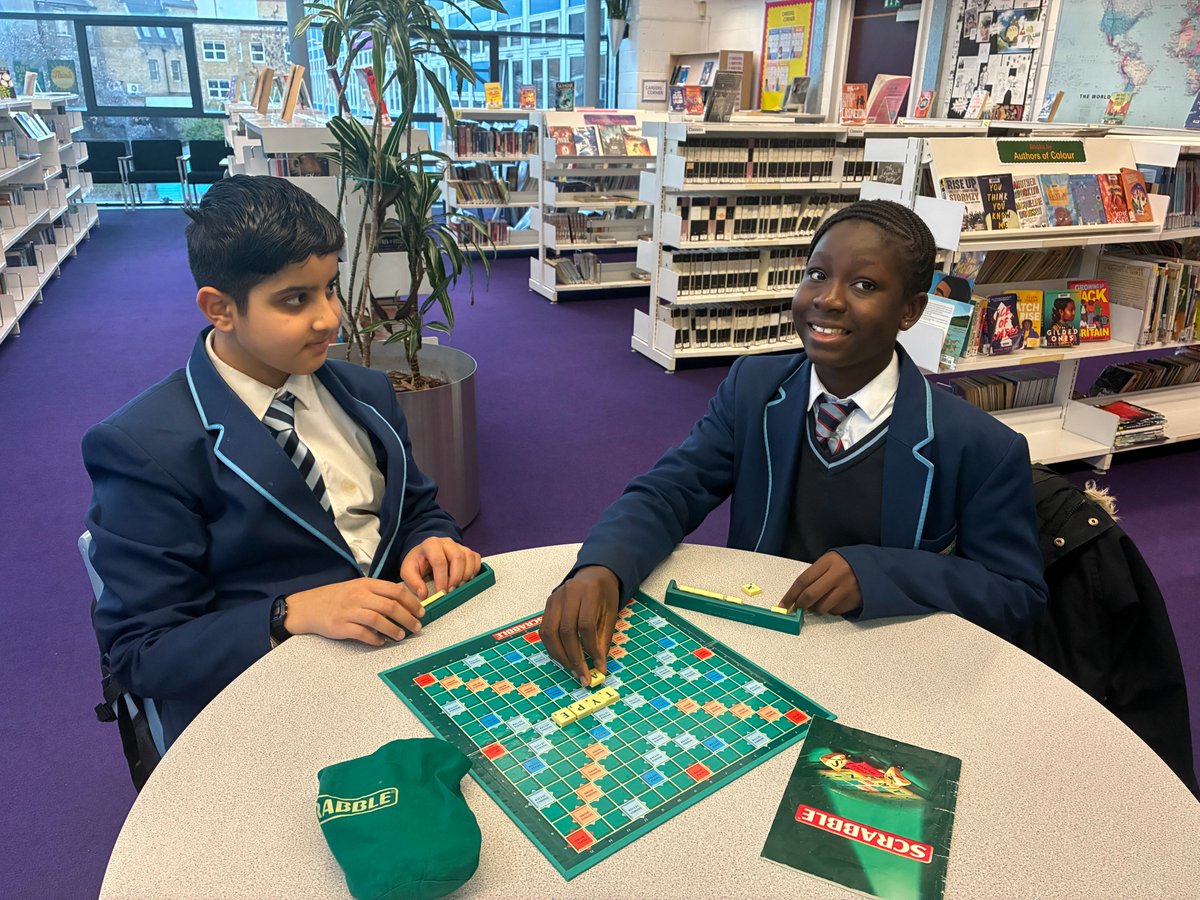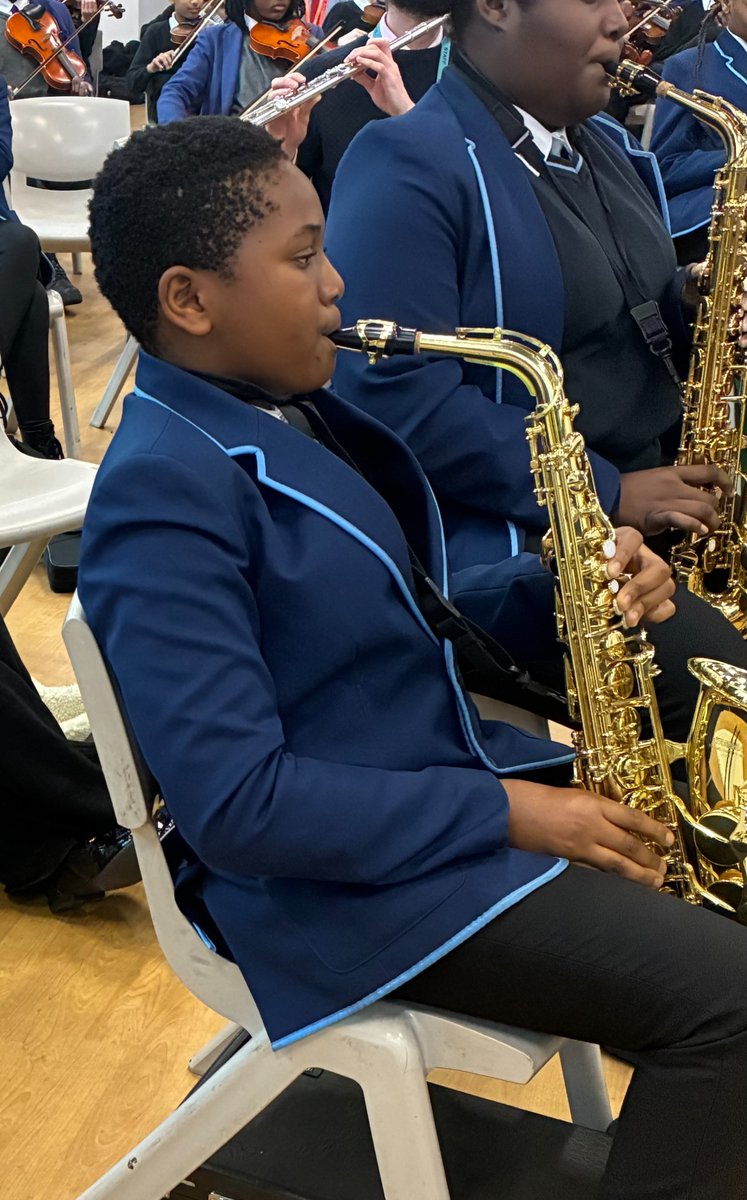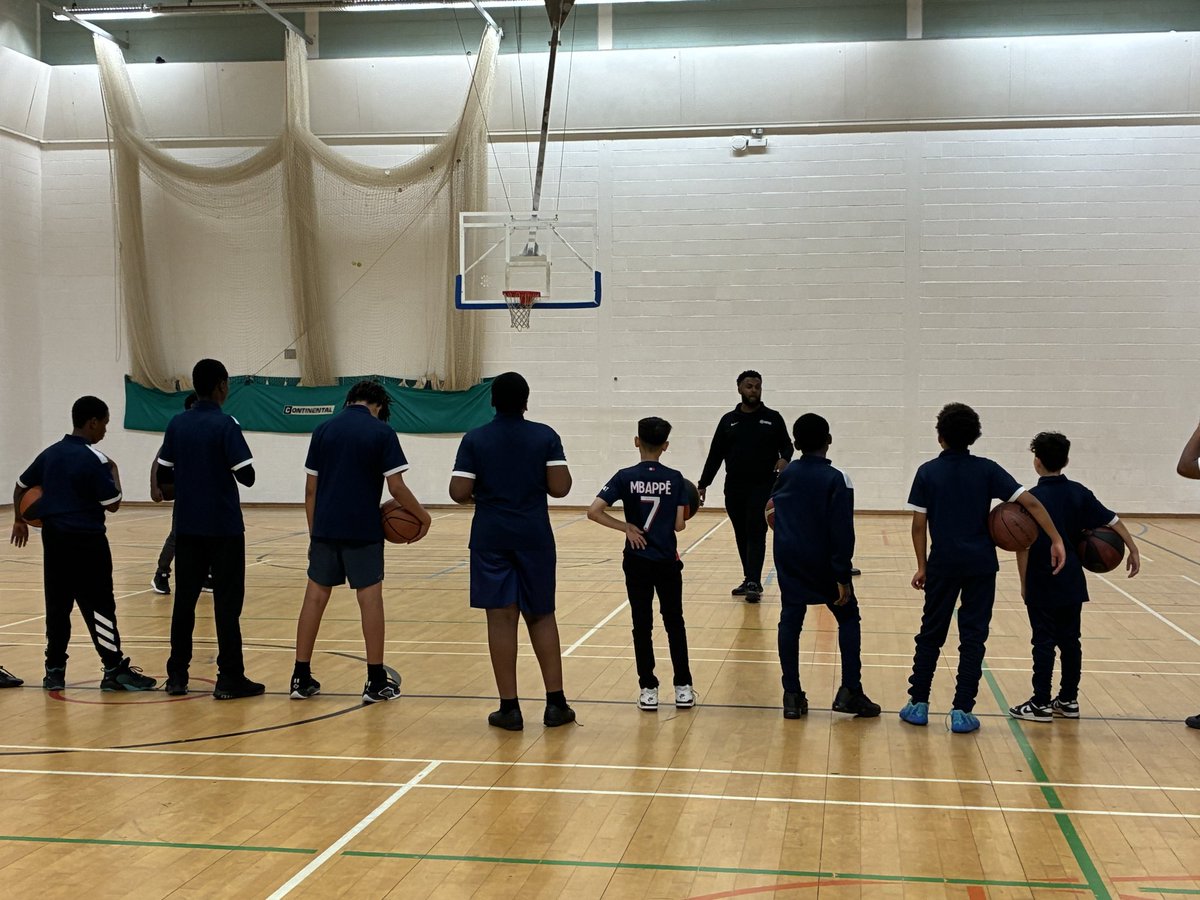Science
 The aim of our curriculum is for students to become highly literate and confident in using numeracy skills within science. Our curriculum allows students to:
The aim of our curriculum is for students to become highly literate and confident in using numeracy skills within science. Our curriculum allows students to:
- Acquire an in-depth knowledge and understanding of key scientific concepts across the specialist disciplines of biology, chemistry, and physics.
- Conduct scientific enquiries by planning investigations to test hypotheses and draw conclusions.
- Develop proficient disciplinary knowledge that will allow them to carry out investigations safely and competently.
- Work scientifically to be able to record, analyse and interpret data.
- Evaluate and debate the impact of scientific processes and development on the world around them.
- Articulate their ideas and understanding by eloquently using key scientific terminology both in the written and verbal form.
Students will use their substantive and disciplinary knowledge to be able to solve problems in new and unfamiliar contexts and use reasoning to make informed decisions.
Students will be able to recognise the relevance of science to their personal experiences with links to RSHE and develop greater awareness of the consequences of human actions to be able to make knowledgeable decisions. They will appreciate the ever-changing and innovative nature of the subject as well as its vast potential to drive change. Such knowledge and ability to work scientifically will be liberating and empowering as lifelong learners, fostering a greater interest in the world around them that will in turn promote a desire for further study and careers in science and other STEM subjects.
The curriculum follows a progression model across Year 7 to Year 11 based around five core concepts: Cells, Energy, Interdependence, Forces and Particles. These concepts are revisited in increasing depth across a five-year science curriculum, with the principles explored in KS3 and taught at greater complexity across the specialist disciplines of biology, chemistry, and physics in KS4.
We have identified non-negotiable endpoints for each year group and expect students to demonstrate mastery of the endpoints to ensure that they can access the curriculum in subsequent year groups with confidence and success. Students’ disciplinary knowledge of enquiry, practical and numeracy skills are also mapped out across the curriculum, with students receiving explicit instruction about working scientifically across KS3 to achieve greater competency and independence throughout KS4 with the ability to think critically and work like a scientist as a global citizen.
The science curriculum responds to the need of our SEND students by ensuring that lessons are adapted with different learning strategies that can accommodate the student’s needs. Each student is treated as an individual, giving them an emotionally safe environment to strive.
This curriculum model facilitates interleaving and promotes long-term retention of knowledge. It also secures greater learning satisfaction for the students allowing them to recognise how their learning builds sequentially from strong foundations of knowledge to mastery of concepts.
Further details of the curriculum can be downloaded below.
Documents
| Science Curriculum Overview | Download |























